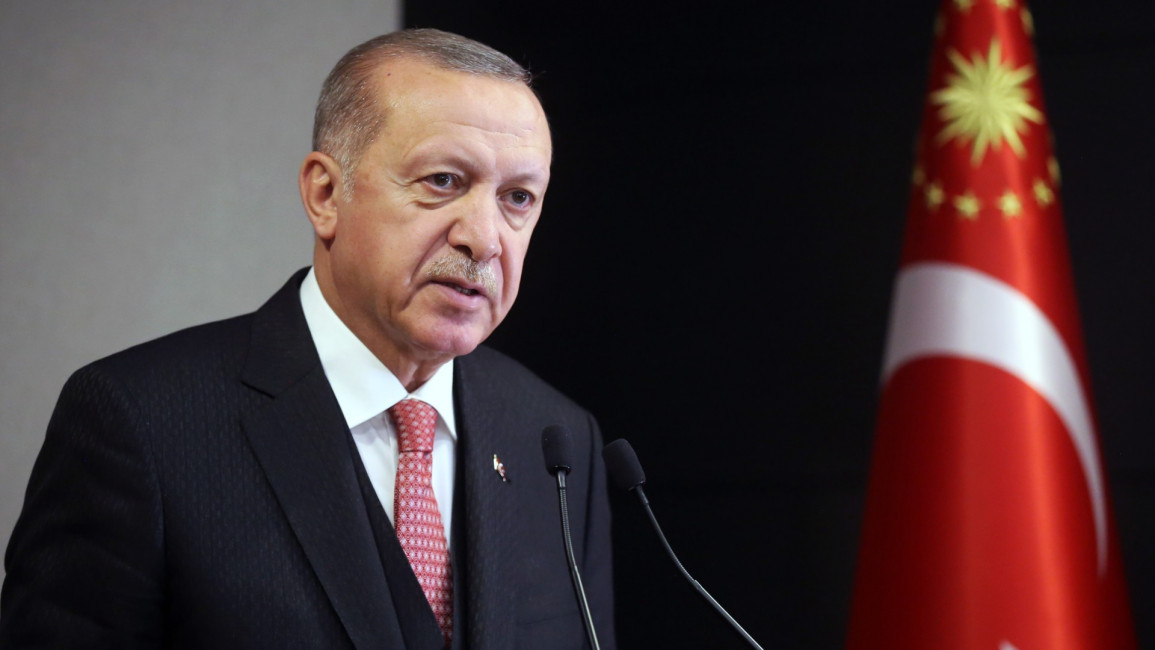Turkey lifts veto on NATO defence plan for Poland, Baltics
The deal marked a breakthrough after months of talks over Turkey's demand to receive more support in its fight against a Kurdish militia in Syria before it allowed the plan to come into effect.
NATO leaders agreed to the plan at a summit in December but Ankara has until now stopped it from being enacted.
NATO defence plans are classified but Lithuanian officials have repeatedly said they were seeking stronger air defence and swifter deployment of allied forces in case of crisis.
A NATO diplomatic source in Brussels and Lithuanian Foreign Minister Linas Linkevicius told AFP that the plans were approved but did not give further details.
"The issue has been resolved and the plans are approved," Linkevicius told AFP.
"Turkey acted constructively, strongly defending its interests as it always does, and its actions were never directed against the Baltic states. We should not dramatise it, the result is positive and we welcome it," he said.
Ankara had used its veto because it had wanted NATO to recognise the Syrian Kurdish People's Protection Units (YPG) as terrorists, a demand left unfulfilled by the defence alliance.
The conflict notably led to a spat between Turkish President Recep Tayyip Erdogan and his French counterpart Emmanuel Macron at the summit in December.
NATO approved its first defence plan for the Baltic states and Poland back in 2010 but they have sought for it to be consistently updated, notably after Russia annexed Crimea from Ukraine in 2014.
Ben Hodges, the former commander of the US Army in Europe who now works at the Washington-based CEPA think tank, said the deal was key for "effective deterrence" amid tensions with Russia.
Agencies contributed to this report.
Follow us on Facebook, Twitter and Instagram to stay connected



